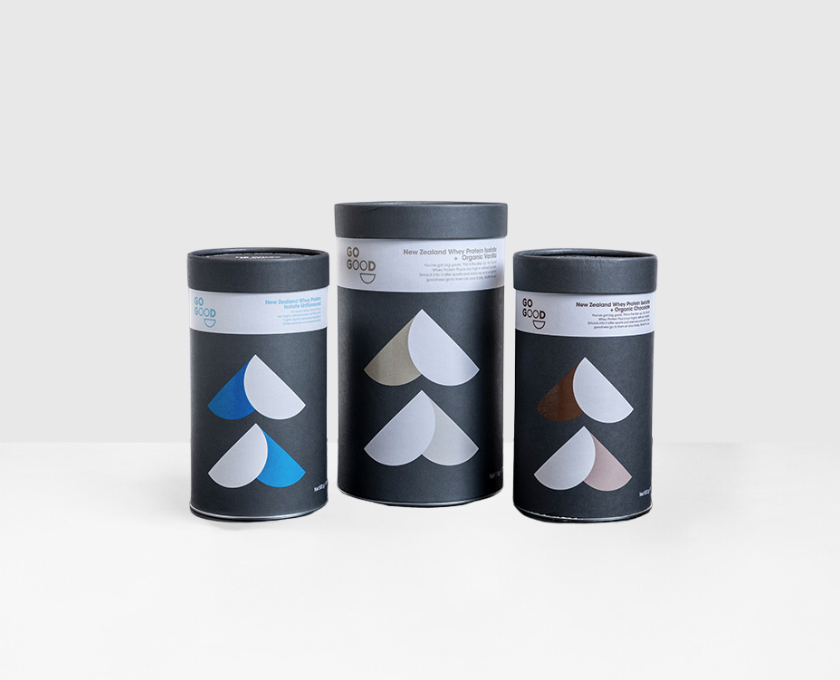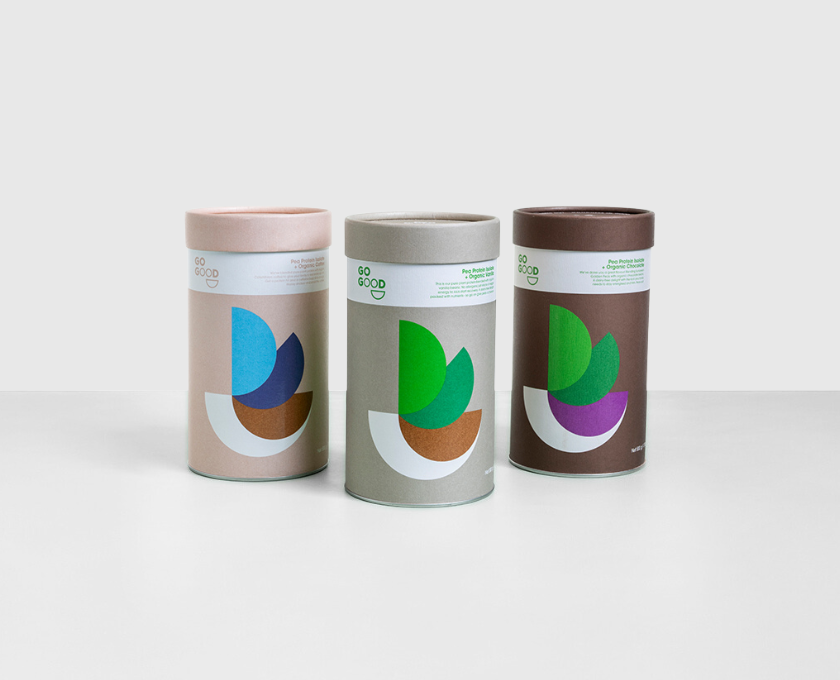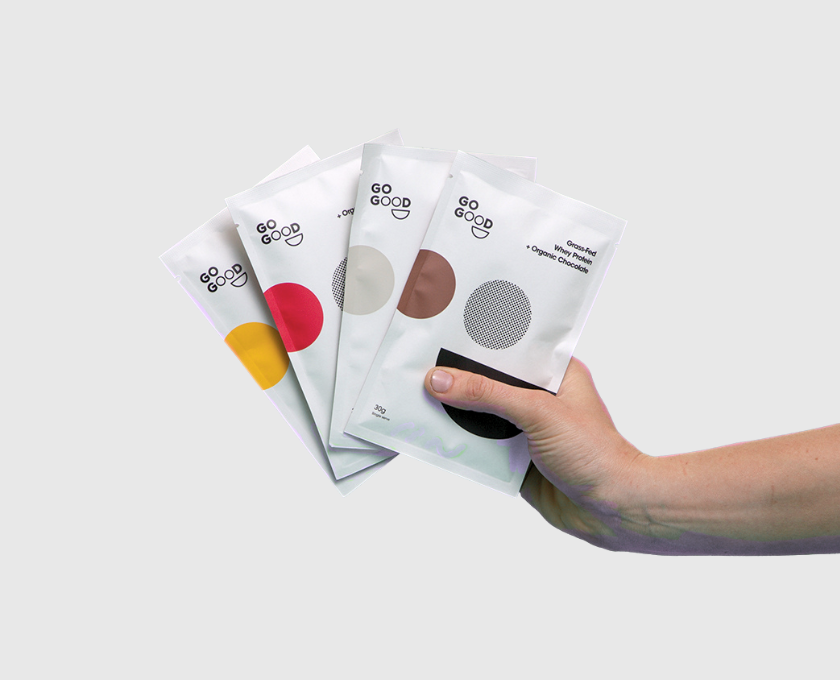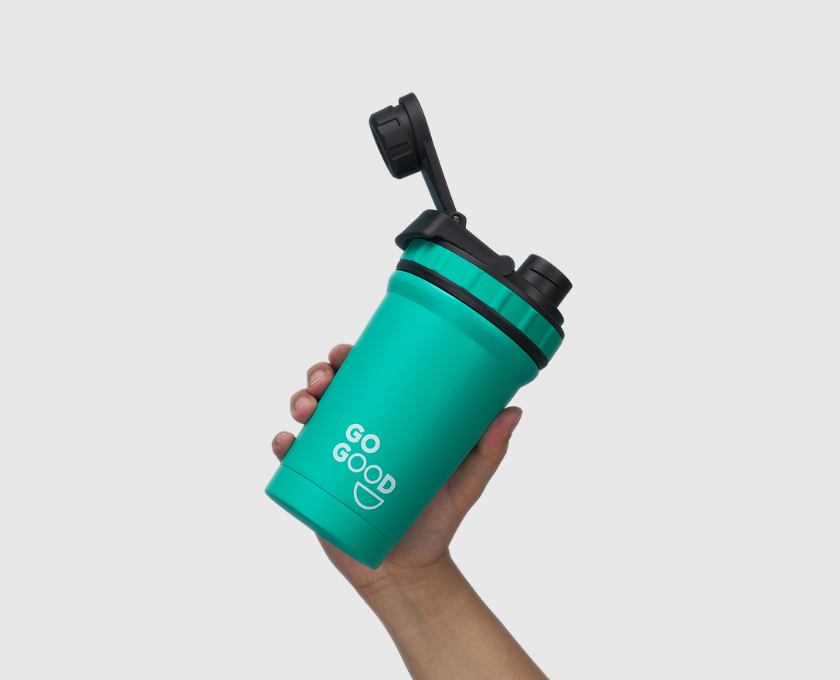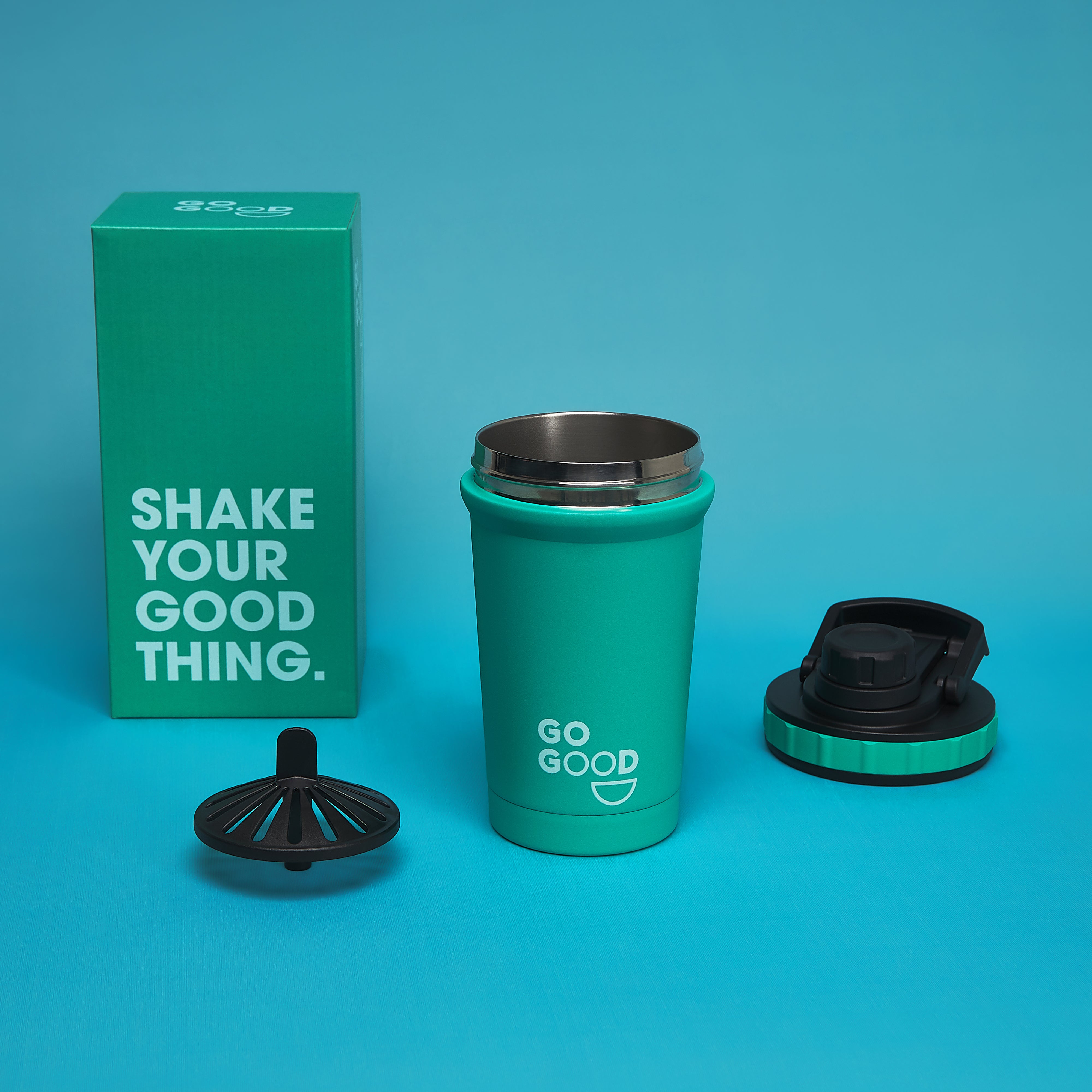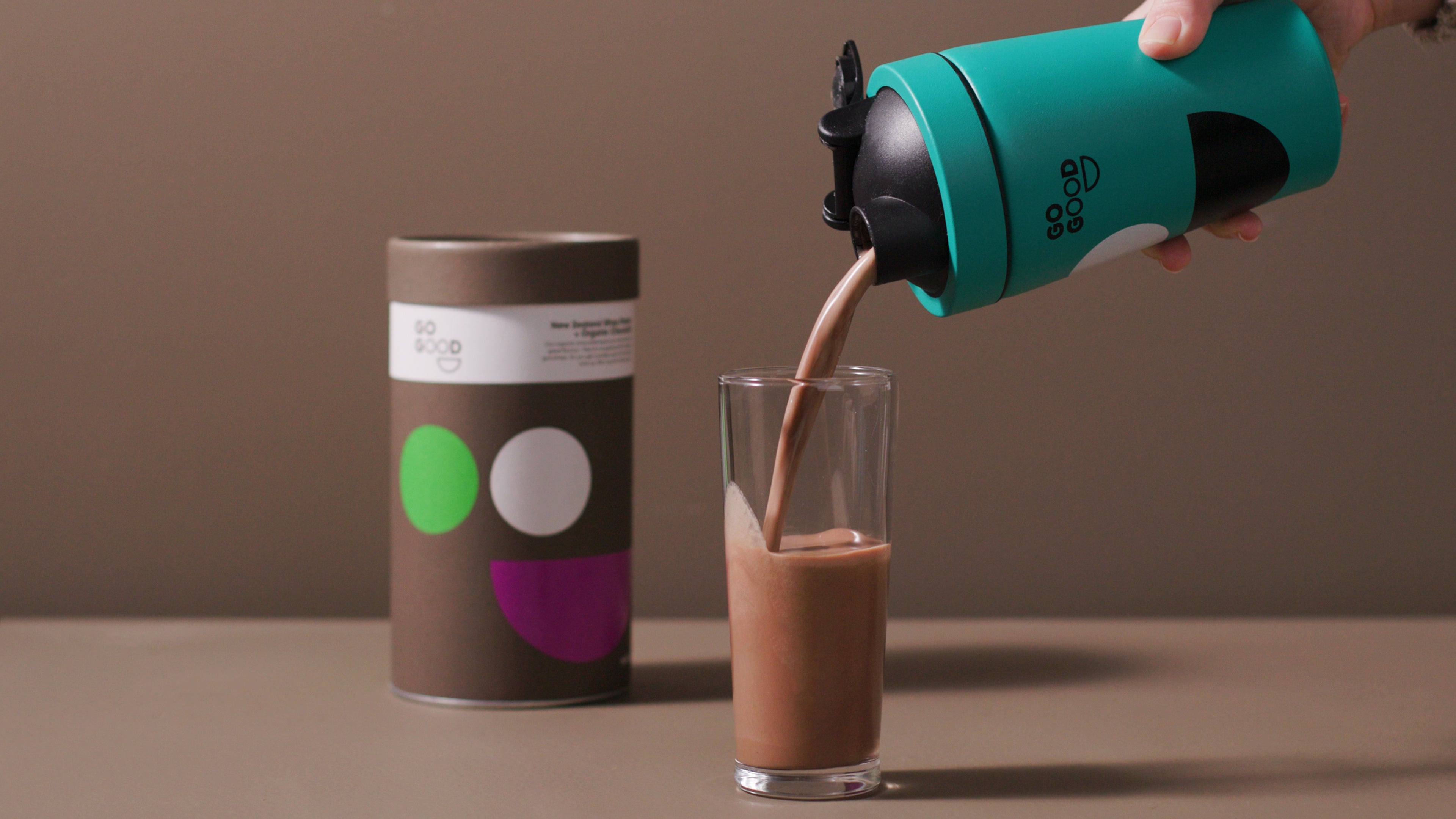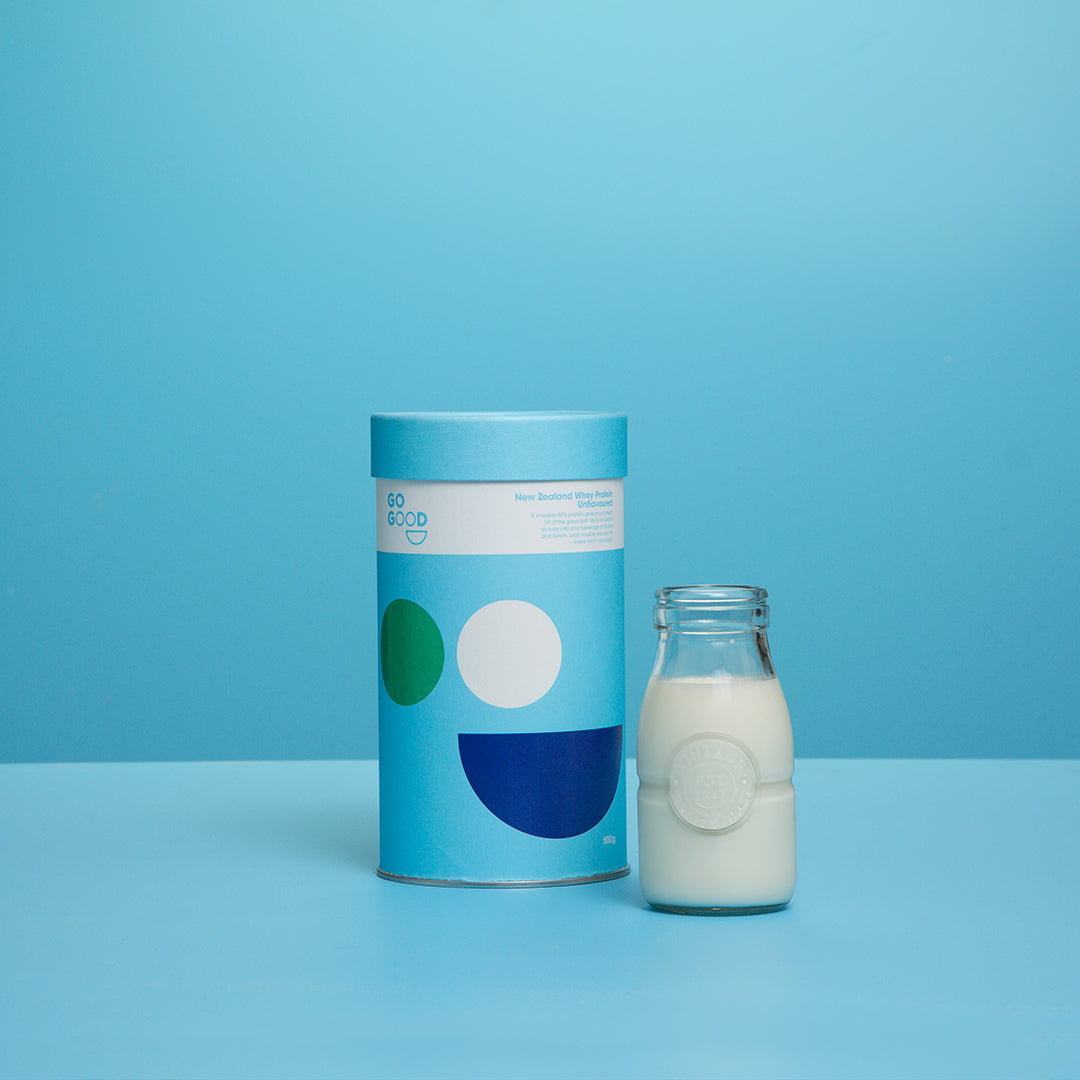What is the Best Protein Powder After Bariatric Surgery?
Grass-fed whey protein isolate is the ideal and often recommended protein for bariatric surgery patients due to its high quality and nutritional value.
There are three popular types of weight loss surgeries known as "bariatric surgeries":
-Gastric Bypass
-Sleeve Gastrectomy
-Adjustable Gastric Banding
Although each surgery has its own recovery and outcomes, they all share the importance of consuming enough protein after the procedure. Protein plays a crucial role in supporting muscle strength, immune system function, and overall organ health in the long run. However, in the short term following bariatric surgery, protein is absolutely crucial.
How Important Is Protein After Weight Loss Surgery?
During rapid weight loss, maintaining muscle mass and a healthy metabolism is essential, and protein intake plays a key role in achieving this.
Insufficient protein intake during weight loss can lead to muscle loss and weakness as the body will extract protein from muscles. This can also result in inadequate nutrients for muscle repair. Additionally, within six months to a year after surgery, many patients experience hair loss, which can be minimized by including enough protein in the diet.
By preserving muscle mass and promoting muscle growth, it is possible to reduce the occurrence of sagging skin, a common issue after bariatric surgery. Building and maintaining muscle will help fill out the skin, minimising the loose skin that often accompanies substantial fat loss.
The Best Source of Protein After Bariatric Surgery
According to medical literature, it is recommended that most bariatric surgery patients aim to consume 60g to 80g of protein per day. However, this can be challenging due to the reduced capacity of the stomach and food aversions commonly experienced after surgery.
Fortunately, there is a solution to ensure an adequate protein intake: a well-designed liquid diet that includes grass-fed whey protein, skim milk, and various soup broths (not all at once, of course).
When should protein shakes be added to the diet after bariatric surgery?
As part of the pre-operative regimen (starting two weeks before surgery), protein shakes are recommended for bariatric patients by the Center for Metabolic and Bariatric Surgery.
During the initial recovery period in the hospital (usually the first or second day after surgery) and for the following nine days, whey protein shakes will be a critical component of your diet. It is advisable to bring your own whey protein to the hospital to ensure your body is already accustomed to it.
In the weeks following surgery, while your stomach is healing, the majority of your protein intake will come from protein shakes. After a few weeks, you can gradually introduce other protein-rich foods like meat, chicken, fish, tofu, Greek yogurt, eggs, beans, nuts, quinoa, and more.
Even with the addition of solid foods, meeting the daily protein recommendation can still be challenging for many patients. High-quality whey protein, especially grass-fed whey protein powder, can be an excellent and versatile way to meet the minimum protein requirement.
Tips for maximising protein in your diet:
- Include protein in every meal and snack.
- Prioritize protein consumption before fruits and vegetables with each meal.
- Enhance the protein content of foods by adding protein powder.
- Protein shakes are a convenient option that not only helps meet protein needs but also contributes to the recommended fluid intake.
How Do I Choose the Best Protein Powder After Bariatric Surgery?
Protein supplementation is essential when working to achieve your daily intake goals. But with so many options, how do you choose the right one?
Grass-fed whey protein isolate is often recommended as the top choice due to its ultra high protein profile coupled with whey protein’s bioavailability, which is how quickly the body can digest and use the nutrients.
Why is Grass-fed Whey Protein Ideal for Post-Bariatric Surgery?
Grass-fed whey protein offers several advantages for individuals recovering from bariatric surgery. Firstly, it is gentle on the stomach and easy to digest. Additionally, it contains a high concentration of essential amino acids, which are vital for muscle growth and tissue repair. Grass-fed whey protein tends to have a greater density of macro-nutrients compared to conventional whey protein.
Go Good Grass-Fed Whey Isolate is a premium option, delivering the highest levels of Glutathione and Lactoferrin per 25 grams of protein in the industry. These compounds are known for their powerful benefits in promoting recovery and supporting the immune system. Moreover, our whey protein isolate is naturally free from artificial flavors, sweeteners, chemical detergents, bleaches, and acids that can potentially irritate the gastrointestinal tract.
Why is Whey Protein Isolate Best For Sensitive Stomachs?
There are two main forms of whey protein: isolate and concentrate. Whey protein isolate is preferred for sensitive stomachs as it contains a higher protein content, less fat and sugar, and lower lactose levels compared to concentrate. This makes it easier to digest while providing the necessary nutrients.
Best Whey Protein for Weight Loss Surgery Recovery?
Opting for an organic flavored or unflavoured grass-fed whey protein is recommended to avoid unnecessary sugar and calories. Unflavored protein powder offers versatility as it can be added to various foods like soups, drinks, yogurts, or apple sauce without altering the taste significantly. Organic flavors add a small taste profile and tend to compliment healthy smoothie recipes.
At Go Good, we believe that our Grass-Fed Whey protein isolate is the ideal choice to support your weight loss surgery journey. With 28g of protein per serving, minimal sugar and fat, and a comprehensive amino acid profile, our whey protein isolate is perfectly suited to help you meet your protein and weight loss goals.
It is important to avoid protein powders that contain ingredients like Xanthan Gum, as they may cause bloating by pulling water from the intestines.
Post-Operative Diet for Gastric Sleeve Surgery
Following gastric sleeve surgery, your diet will play a crucial role in your recovery. Here is a breakdown of the recommended diet for each week during the first month after the procedure:
Week 1 Post Gastric Sleeve Diet:
During the first week, you will be on a strictly liquid diet to promote healing and minimize complications. Stick to clear liquids without sugar, caffeine, or carbonation.
Week 2 Post Gastric Sleeve Diet:
In the second week, solid foods should still be avoided, but you can introduce more filling liquids into your diet, such as protein shakes, yogurt, broth, or pureed soups.
Week 3 Post Gastric Sleeve Diet:
During the third week, you can start incorporating pureed or soft foods into your diet. Focus on increasing your daily protein intake, and continue to include protein shakes as a significant part of your meals. Soft foods like hummus, pureed fruits or vegetables, and scrambled eggs can also be added.
Week 4 Post Gastric Sleeve Diet:
At the one-month mark, your doctor may allow the reintroduction of solid foods to your diet. This week marks an important transition into your new, healthy lifestyle. Stick to a high-protein, low-fat, low-carb diet, avoiding sugar, high-fat dairy, and high-carb foods like pasta.
Diet After One Year of Gastric Sleeve Surgery:
After one year, most patients will have achieved their weight loss goals. To maintain your weight loss and overall health, follow these guidelines:
- Eat multiple small meals throughout the day and incorporate healthy snacks in between.
- Prioritize protein as your main source of nutrition.
- Limit your carbohydrate intake and avoid sugar.
- Take your time and savor your meals, chewing slowly to prevent overeating and discomfort.
- Stay well-hydrated by drinking plenty of water, while avoiding juice, soda, and sugary drinks.
The Best Bariatric Protein Shake
When selecting protein supplements after surgery, it's important to choose wisely. Bariatric protein supplements and shakes are crucial for post-surgery recovery and long-term maintenance.
Protein Supplements vs. Meal Replacements After Bariatric Surgery
A common mistake is to assume protein supplements and meal replacements are synonymous. Meal replacements are much higher in calories and contain carbohydrates and fat which can be counterproductive to your diet. Protein supplements are low calorie, high in protein, and often do not contain any fat or carbohydrates.
Hydrolyzed Whey Protein:
Hydrolyzed whey protein (WPH) is not recommended due to its bitter taste. Manufacturers often try to mask the bitterness with artificial flavors that may contain ingredients unsuitable for post-surgery consumption.
Go Good Grass-fed Whey Protein Isolate:
Go Good Grass-fed Whey Protein Isolate offers numerous benefits for post-weight-loss surgery recovery. It provides 28g of protein per serving, 6.5g of branched-chain amino acids (BCAAs), and virtually zero grams of sugar or fat. It is lactose-free, gluten-free, non-GMO. We take pride in offering the best protein powder for post-surgery recovery and are available to answer any questions or concerns you may have regarding stomach sensitivities.
Disclaimer: The content provided here is not a substitute for direct medical guidance from your doctor or qualified healthcare professionals. Please consult with your medical professional for personalised advice.



